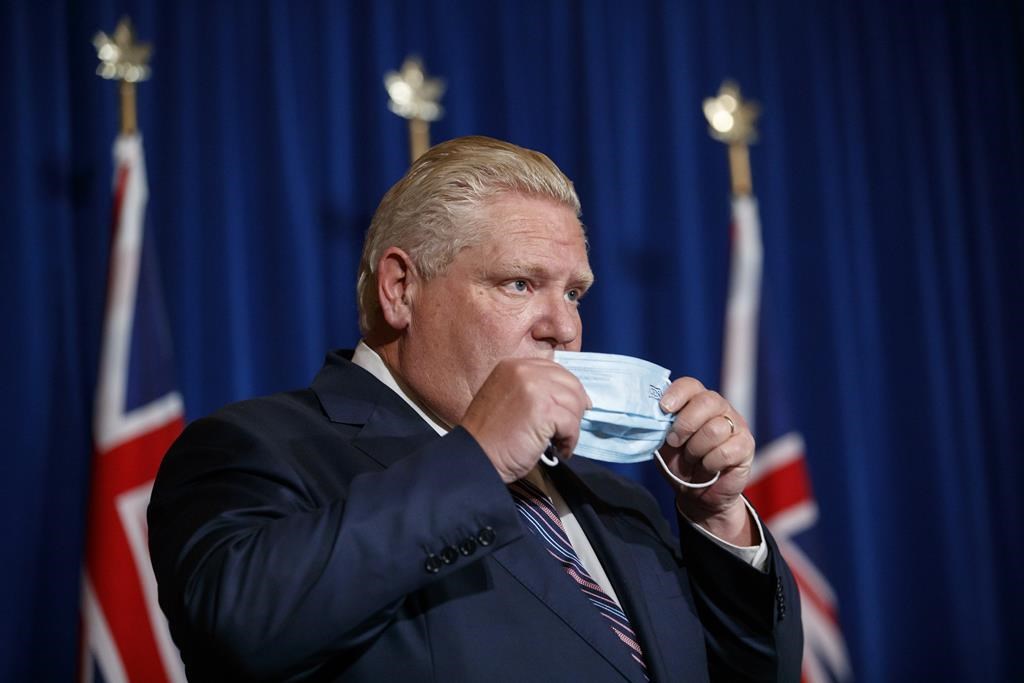Every year, I’ve taken to these virtual pages to offer my take on the year that was — via a “hot or not” column — and offer my foolproof, very accurate predictions for the year ahead.
Last year, I was uncharacteristically wrong when I said there wouldn’t be an election in 2021 — although I did have the caveat that there certainly wouldn’t be one in the spring, as was then speculated, but the autumn might be more 50/50. Turns out there was an election in September. And it returned virtually the same result as 2019.
What do I think will happen in 2021?
Well, first and foremost, I am holding out hope that the omnicron variant will mark the end of the pandemic. I’m obviously not a doctor or epidemiologist, but I hope that a variant that is more transmissible but hopefully less virulent is how the virus punches itself out.
The federal government seems to be a stable minority. They need to take the cost of living rise more seriously, but they also cannot mistake the inflationary pressure as being the result of government spending, when it is caused by pandemic demand and supply chain disruption. Now is not the time to pull back on plans to invest in infrastructure and climate resiliency, as well as needed social infrastructure like child care.
The big political flashpoint will be the Ontario provincial election. Gun to my head today, I expect Doug Ford to win. His opposition is divided, lacking a message other than “not Ford” and, despite his flaws, the Premier has a certain je ne sais quoi appeal to many voters. He’s running on fixing traffic and building housing, messages that will appeal to the suburbs as the NDP fights to hold off the Liberals in Toronto. I’ve said before, but the best assets Ford has are a divided opposition, with two opponents who seem unable to… excite the public, to put it diplomatically.
The municipal elections will see continuity for the most part with a dash of change. I expect both Toronto Mayor John Tory and my friend Mississauga Mayor Bonnie Crombie to run for re-election and win handily, again. Both have done good jobs, and a third term would cement their legacies. That leaves the open mayoral seat in Ottawa as the one to watch. I expect a dark horse candidate from the business community or even another level of government to emerge, denying the mayoralty to the councillors and ex-mayor already jockeying to succeed Jim Watson.
In Ottawa, look for Mark Miller and Anita Anand to quietly be the “get stuff done” cabinet ministers who move the ball down the field on two tricky files, Indigenous reconciliation and national defence. Both are competent, unflashy ministers who put in the elbow grease and build relationships with their sectors.
In terms of zeitgeist, I perceive a pent-up demand to get results on infrastructure — particularly housing, transit and those critical community amenities like trails, parks, community centres, urban renewal. COVID-19 has kept us close to home, and we’ve seen the flaws in our neighbourhoods, even as we have grown used to not having to commute every day. Put those things together, and there is a real desire to fix perennial infrastructure problems. Plus, there’s been a migration of young people from the city to the suburbs and exurbs, and that comes with a new demand for quality service in our medium-sized towns.
Recovery and progress: if there are two thematic desires I have for the New Year, those are them.
Happy New Year to you and yours.





